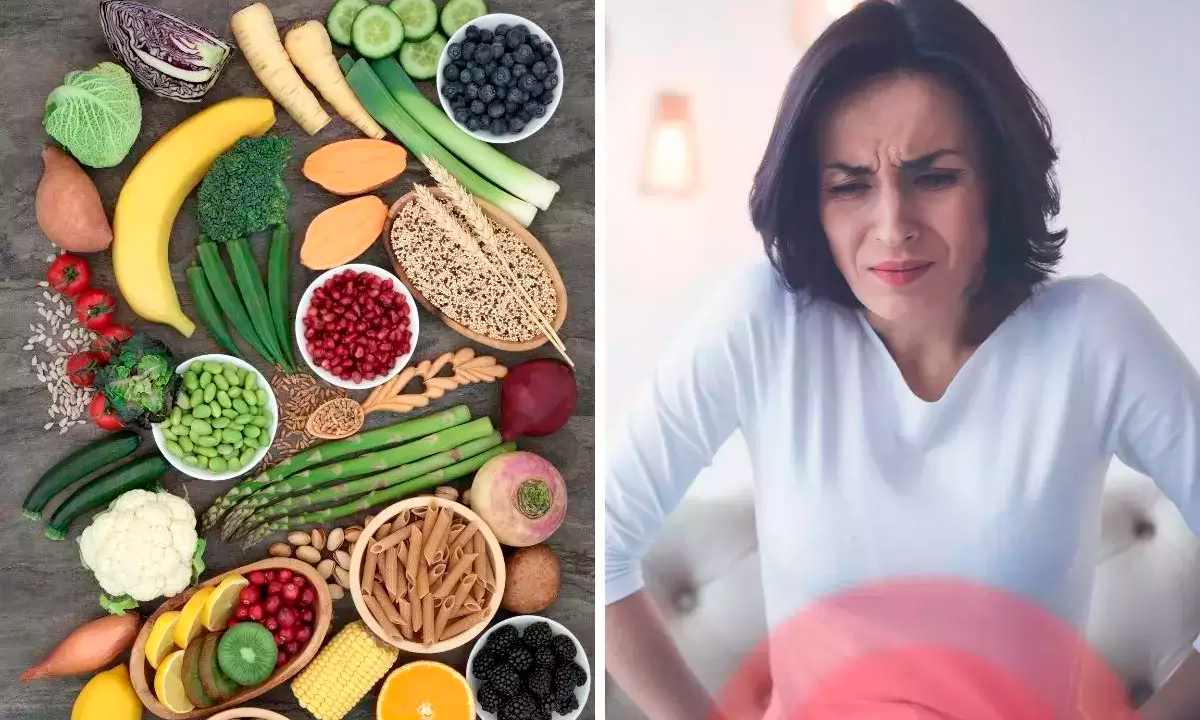In endometriosis, the cells resembling the endometrium cells grow outside the uterus. The uterus lining is called the endometrium. This tissue most commonly grows in ovaries, fallopian tubes, the outer surface of the uterus, and the bladder.
Extremely painful menstrual cramps are the tell-tale sign of endometriosis. The tissue growth outside the uterus swells and bleeds along with the menstruation cycle. This irritates the surrounding areas, causing pain.
Other signs and symptoms of endometriosis
- Heavy periods flow
- Larger clots bigger than the size of a dime
- Pelvic or back pain
- Pain while urinating
- Experiencing bowel problems like diarrhoea, constipation, and pain or blood while going to the bathroom
- Pain while doing sex
- Difficulty in getting pregnant
- Constipation
- Fatigue
- Bloating
Endometriosis diagnosis
Doctors may ask you for ultrasonography or magnetic Resonance Imaging (MRI). Initially, they may prescribe you some painkillers like ibuprofen and hormone therapy like some type of birth control. Hormone therapy decreases bleeding thereby reducing pain.
If symptoms don’t get improve in 3-6 months with these medicines as medical treatment, the doctor may recommend you laparoscopic surgery. The doctor might also ask you to go for a biopsy for further investigation.
Laparoscopy is the advanced treatment available for endometriosis.
Lifestyle modifications for endometriosis
Exercise – Exercise during periods may reduce or minimize your menstrual cramps.
Massage – Massaging your belly and lower back may decrease your pain.
Eating a balanced diet – More fruits, leafy vegetables, proteins, and fiber help ease period bloating and pain.
Taking sufficient sleep – Sleeping little extra during your periods will help you to overcome the period mood changes.
Heat – Putting a hot water bag on the lower belly or taking a hot water bath will help you ease the pain.
Hydration – Taking enough care of our body’s hydration level help lessen period bloating.
Meditation and yoga – Yoga and meditation relax and calms your mind, providing you with mental strength. They provide you with inner strength as they treat the body in a holistic way.
Foods that can have negative effects on endometriosis
- Diet high in trans fats
- Consuming red meat
- Gluten
- High FODMAP foods
Foods that can have positive effects on endometriosis
- Fibrous foods like vegetables, whole grains, and fruits
- Iron-rich foods like leafy greens, nuts, beans etc
- Foods rich in essential fatty acids such as walnuts, chia, seeds and salmon
- Antioxidant-rich foods like oranges, dark chocolates and spinach.
(Disclaimer: The content on this site is for informational purposes only, and should not be taken as professional medical advice. Always seek the guidance of your doctor or other health professionals for any questions you may have regarding your health or a medical condition.)

 Endometriosis is known to affect 247 million women worldwide and 42 million women in India. It is more common in infertile women as compared to fertile women. The prevalence is 6-21 times higher. Let’s take a look at some of the lifestyle modifications that can help ease the pain and improve quality of life.
Endometriosis is known to affect 247 million women worldwide and 42 million women in India. It is more common in infertile women as compared to fertile women. The prevalence is 6-21 times higher. Let’s take a look at some of the lifestyle modifications that can help ease the pain and improve quality of life.










.jpeg)


.jpeg)
.jpeg)
.jpeg)
_(1).jpeg)

_(1)_(1)_(1).jpeg)
.jpeg)
.jpeg)
.jpeg)








.jpeg)
.jpeg)